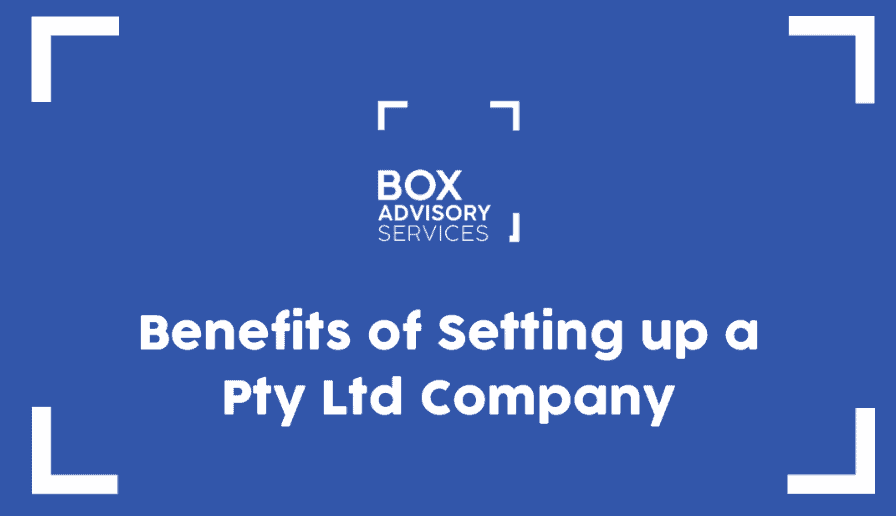
BY
|
9 Things You Absolutely Need to Know about Tax
The Tax Guide for Contractors, Consultants, Freelancers and Locums
As a consultant, contractor, freelancer and locum there is a range of taxation obligations you are required to deal with. It is important to speak to your accountant or the Australian Taxation Office (ATO) and Office of State Revenue (OSR) to ensure you have met all obligations which are relevant to you. There have been cases where clients have not been informed about the taxation obligations which have resulted to a considerable amount of tax and interest charges imposed on them due to a shortfall of taxes paid in previous period. In one case we had a new client owing the Australian Taxation Office over $100,000 as they simply were not recording their tax and income correctly. It is important to understand what the obligations are as a business to ensure that your business runs smoothly. We have compiled a summary of taxation obligations below:
- Tax file number (TFN) – the tax file number is a unique number for the ATO to identify you or your business. If you are a sole trader you must use your own TFN. If you are running a business through a company, partnership or trust you must apply for separate TFN.
- Australian Business Number – If you are running a business as a consultant, contractor, freelancer or locum in any type of structure you must have an Australian Business Number or your client may legally withhold the highest tax rate plus medicare from your payments.
- Business Activity Statements (BAS) – BAS is a report the business must prepare and lodge with the ATO. This report must be lodged on a quarterly or monthly basis with the ATO and generally informs the ATO of your income, expenses, GST liability, PAYG withholding and PAYG instalments. For further information check out the ATO website.
- Goods and Service Tax – GST is a 10% tax applied to most goods or service sold in Australia. If you are contracting, consulting, freelancing or locuming in Australia you most likely have to apply for GST. You are exempt from GST if your turnover is under $75,000. Once you are registered for GST you must lodge monthly or quarterly BAS with the ATO. It is important to speak to your accountant so you understand this tax obligation. The ATO can impose 10% GST on your total income even if you have not collected the GST which will mean that you will have to fork out the liability from your own pocket.
- PAYG Instalments – As you are not an employee anymore, your income tax must be withheld by you. The Pay As You Go instalments are made per quarter with your BAS to ensure you have withheld the estimated income tax to be paid at the end of the year. If you are running the contracting business in the first year, generally you do not need to worry about the PAYG instalments until next year.
- PAYG Withholding – When you begin to hire employees you must calculate and withhold the right amount of tax from their wages. The withheld amount must be paid quarterly and recorded in the BAS.
- Payroll Tax – if you are operating a contracting, consulting, freelancing and locum business most likely you do not need to pay payroll tax as you will not go over the threshold. However, you should speak to your accountant about this tax just to be sure. Each state in Australia have their own laws regarding payroll.
- Annual Income Tax Returns – annual tax returns cover the period 1 July – 30 June. You are required to lodge an annual return personally and for your company every year. You can lodge these returns with an accountant. The due dates for the returns vary and you should contact your accountant to find out.
- Annual Fringe Benefits Tax Returns – fringe benefits tax is a tax on the benefits provided by the company to their employees and their employees family or associates. The most common case is when a company motor vehicle is provided to the director of the company for business and personal use. Fringe benefits tax is separate from income taxation and runs from 1 April – 31 March. You must fringe benefit returns if you have a liability during the year. Check out this link to find out more information – FBT.
Disclaimer:
Please note that every effort has been made to ensure that information provided in this guide is accurate. You should note however, that the information is intended as a guide only, providing an overview of general information available to contractors and small businesses. This guide is not intended to be an exhaustive source of information and should not be seen to constitute legal or tax advice. You should, where necessary, seek your own advice for any legal or tax issues raised in your business affairs.



